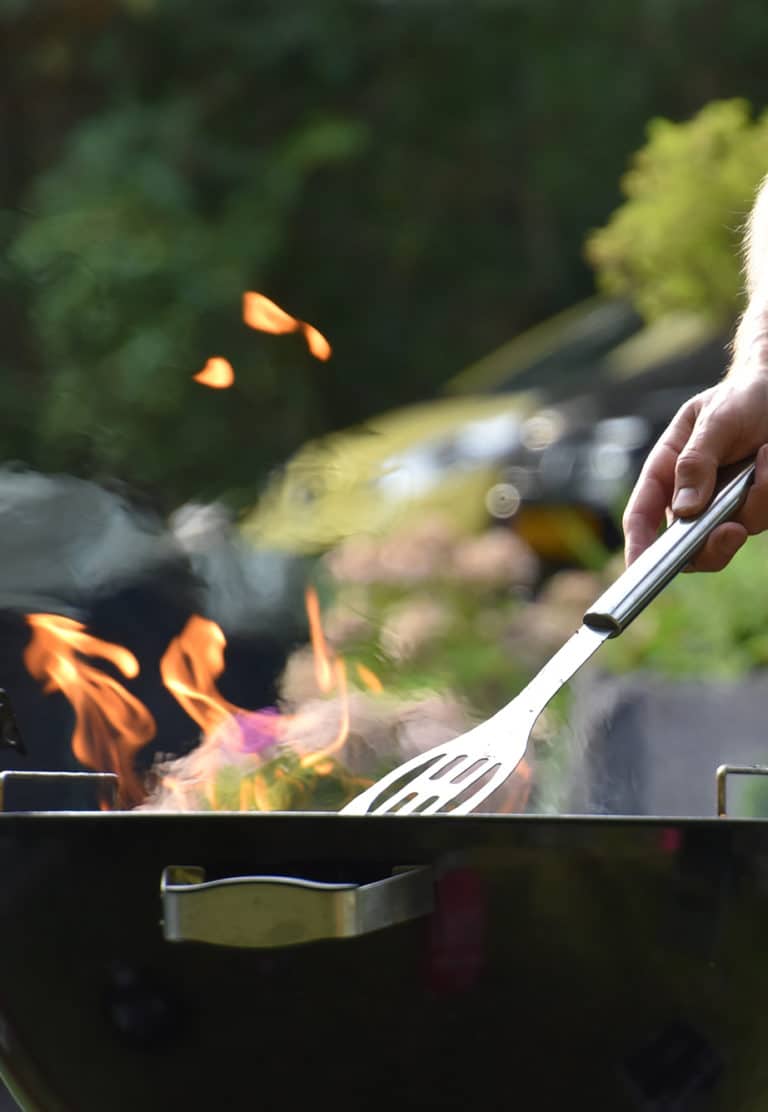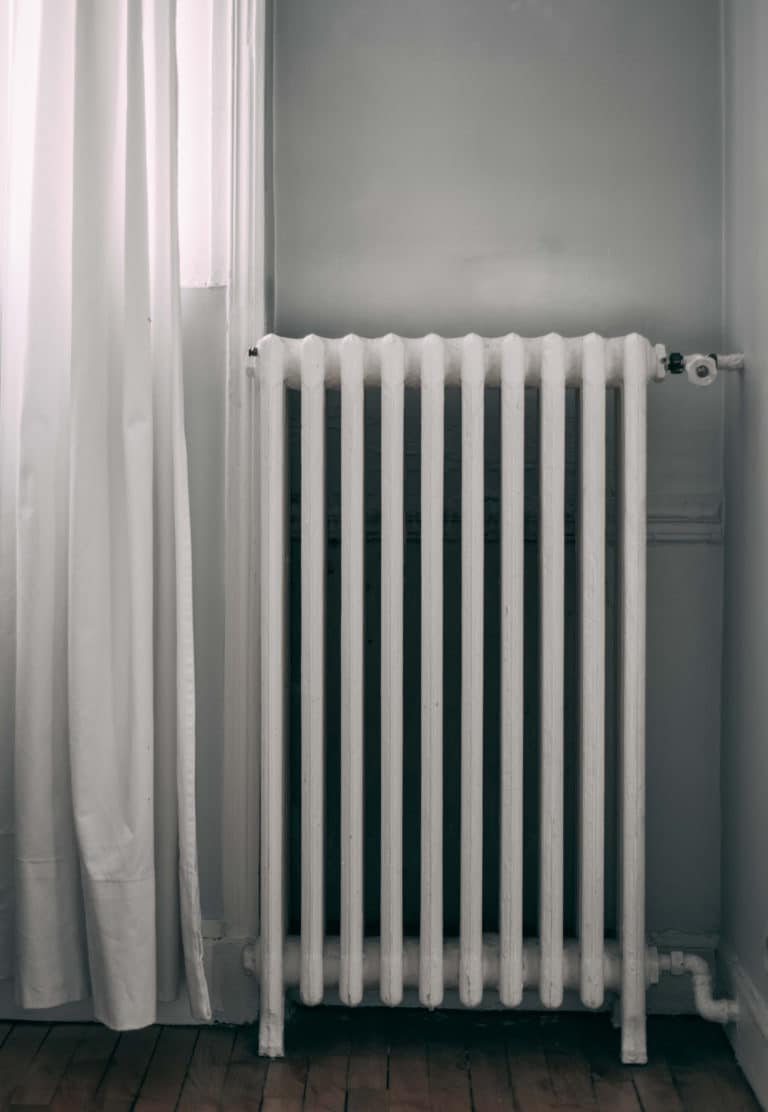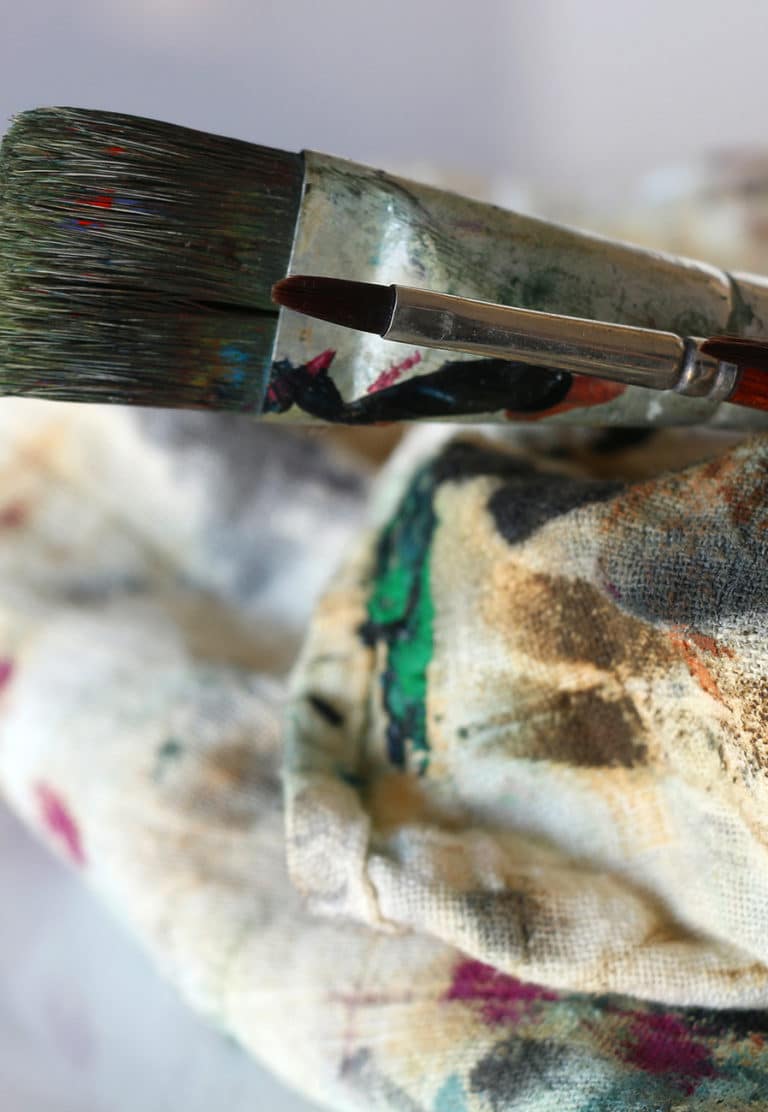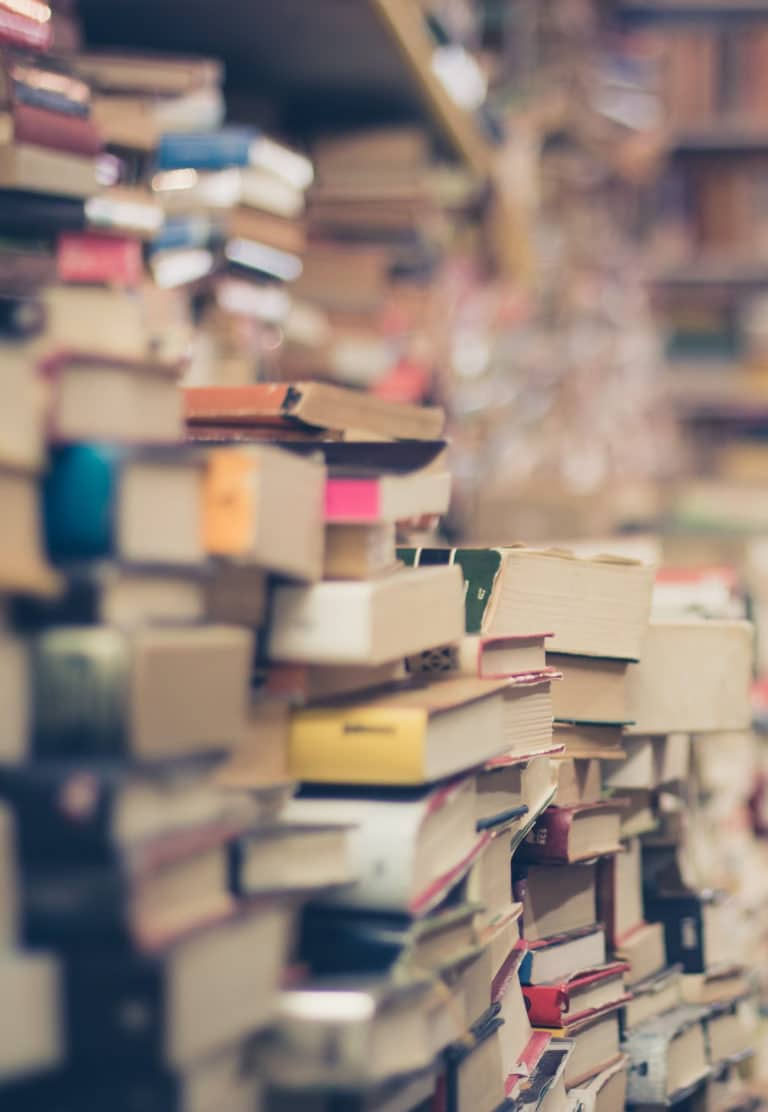Font Size: |

Barbecues are a fun way to bring together family and friends, but they can also cause injuries and present fire hazards –– about half of the injuries caused by grills are burns.
Grilling safety checklist:
- Keep your grills away from your home, railings and tree branches.
- Always clean the grease from your BBQ after using it.
- Do not leave your grill unattended.
- Light your gas grill only when the lid is open.

Stay safe, warm and cozy during the winter by knowing how to prevent any fires caused by heating.
Heating safety checklist:
- Turn off portable heaters when you leave a room or go to sleep.
- Do not use your oven to heat your home.
- Test all your smoke alarms at least once a month.
- Install carbon monoxide alarms.
- Hire professionals to install any heating equipment in your home.

We often use rags to help clean up spills, clean paint brushes or for home improvement projects.
If we don’t handle them properly, they can spontaneously cause fires on their own.
Oily rags safety checklist:
- Do not leave rags in a pile.
- Take all wet rags outdoors to dry and weigh them down so they don’t get blown away.
- Store any containers with oily rags in a cool place, away from direct sunlight or other sources of heat.
- Store dry rags in a metal container filled with water and detergent, and close it with a tight lid. This will help break down the oils.

If your home has many personal items that prevent you from using your space normally or cause clutter, they could increase the risk of a fire or injury.
If an emergency were to occur, would firefighters be able to reach you?
Personal posessions safety checklist:
- Create a home safety and escape plan that prioritizes clearing any exits or pathways.
- Check that your electrical wires are not weighed down by personal items. Damaged wires can start fires.
- Keep all flammable items away from your oven.
- Test your smoke alarms at least once a month.

Lithium Ion Batteries have been a huge concern in the news in recent years. However, while generally quite safe to use. There are some things to keep in mind.
Since January 2021, less than %0.005 of our responded to fires have been caused by lithium ion batteries
How to avoid overheating (the main cause of lithium ion battery fires)
- Choose chargers that have one of the recognized canadian certidication marks. CSA, cUL, cETL
- Always use the charger that came with the device. Need to get a new one? Purchase directly from the device manufacturer to avoid any knock offs
- Never modify or tamper with the battery in any way
- Check for signs of damage, if the battery is swollen or dented, don’t use the device
- Never leave devices out in the sun, extreme cold or exposed to moisture. It can affect the battery on the inside
- Don’t overcharge your batteries. Take them off change as soon as it reaches %100
- Always charge your devices on a hard, well ventilated surface. Like a desk, side table or countertop
What to do if you see an issue with your battery
- STOP using the battery immediately if you notice:
- An odour
- A change in colour
- Overheating
- Change in shape
- Leaking
- Odd noises
2. If it is safe to do so, move the device away from anything that can catch fire.
How to dispose of your batteries
Do not throw your batteries in the garbage.
